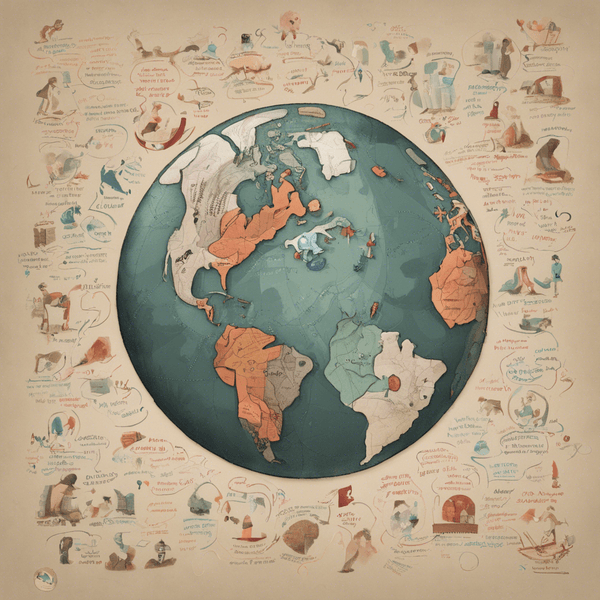Just like most summer weekdays, I was in the car taking the five minute drive to my summer job. Just like most people in their cars, I was flipping through radio stations trying to pick out a song for the brief ride. I turned to one of my favorites--the alternative rock station (or the "emo station" as many call it) to hear "Numb" by Linkin Park. I checked the next station and heard "Tell Me You Love Me" by Demi Lovato. The third station was playing "Rehab" by Amy Winehouse. Finally, I switched to the station that frequently plays eighties music, to hear that they were playing "Where Do Broken Hearts Go" by Whitney Houston.
Notice a pattern?
Yes, I do really like all of those songs and would have enjoyed listening to any of the above on the short ride. But there is another pattern, a pattern that is too tragic for us to accept but too real for us to ignore.
Shifting from radio station to radio station became tragic, each song a painful reminder of the horrors of addiction (or sometimes a knell to signify the deaths of these fallen stars). For the remainder of the ride, I tried to listen to snippets of each song to enjoy the music alone and forget about the horrible fates of the musicians behind them. Yet I struggled to forget how four victims of mental illness infiltrated the few minutes I was driving by myself within my own town.
If this experience taught me anything, it taught me the grim reality that mental illness is becoming more and more of a pressing issue. It has become an epidemic that has taken away far too many victims.
Mental illness doesn't pick and choose who its victims are.
If it did, Demi Lovato would be out of the hospital and not fighting an ongoing battle. We would still have the other stars we lost too soon. Our loving friends and family members who are struggling would not be suffering or would be here with us.
Mental illness doesn't care if you are really good at what you do.
If it did, we wouldn't see these musicians struggle and possibly lose their fights. We would still have Kate Spade and Kurt Cobain and Robin Williams and so many others.
Mental illness is NOT, I repeat, NOT a personal choice.
If it was, I wouldn't have come across so many victims in my short drive. We wouldn't see so many people fall to this silent epidemic at an alarming rate. Nobody chooses to suffer, chooses to fall into a depression, chooses to develop a dependency on a substance that could end their lives.
I listened to the radio on a typical summer day, and these harsh realities became ever more apparent. We choose to dismiss mental illness (because we don't see it, we forget it's there), but I had never seen it more clearly than I did that one day. And until we recognize its seriousness and stop calling this plague a "choice," we will never help those win their battles.
- Why You Need To Stop Talking About Suicide Like This ›
- This Is Why Mental Illness Kills So Many People ›
- Stop Calling Your Drug Addiction A Disease ›
- We Need To Talk About Mental Illness More ›
- Enough Is Enough, Mental Illness Isn't Something We Can Just 'Get ... ›
- Actually, Your 'Undiagnosed Mental Illness' Is VERY Real ›
- Children face mental health epidemic, say teachers | Society | The ... ›
- Is There Really an “Epidemic” of Psychiatric Illness in the US ... ›
- An Epidemic of Child Mental Illness? - ABC News ›
- NHS 'picking up the pieces' of mental illness epidemic caused by ... ›
- Is Mental Health Declining in the U.S.? - Scientific American ›
- A Silent Epidemic: The Mental Health Crisis In Our Schools | NPR ›

















